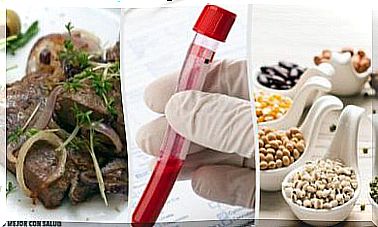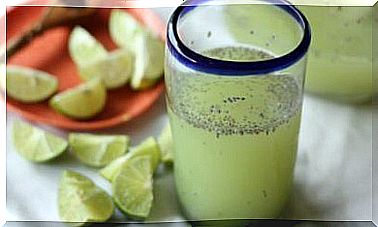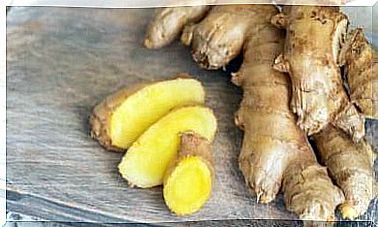Tips For Making Your Vegetables Taste Great
By adding different spices or seasonings to your vegetables, you can enhance their flavor and make them much tastier and more delicious.
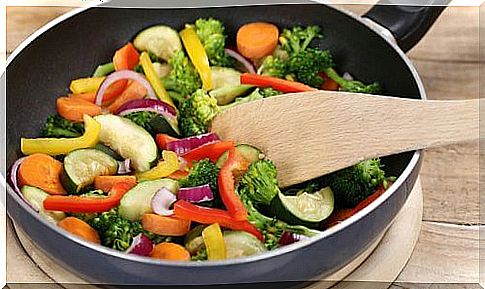
Cooking has never been what you might call a simple task, especially when it comes to cooking vegetables.
Plus, juggling the different tastes of each family member is a challenge, especially if you add vegetables to the equation.
Remember that the way the human body assimilates taste is linked to the taste of food.
The taste that they give to the food is what gives this feeling of pleasure in eating.
With vegetables, the question is a little different. Since childhood, the rejection of this group may have been magnified with the association we made between what our mother gave us to eat and what our mouth says about taste.
However, cooking these days is more about practicality than dedication.
From the moment when we must be able to devote ourselves to the kitchen, to the rare and eloquent ways in which the culture has formed us, we can give taste to vegetables and thus obtain ideal sensations during the tasting.
Here is a list of tips so you can enjoy it and cook your vegetables the best!
Finding the best formula to apply in the preparations does not have to be a waste of time and effort. Learn how to take advantage of it.
Tips for flavoring your vegetables
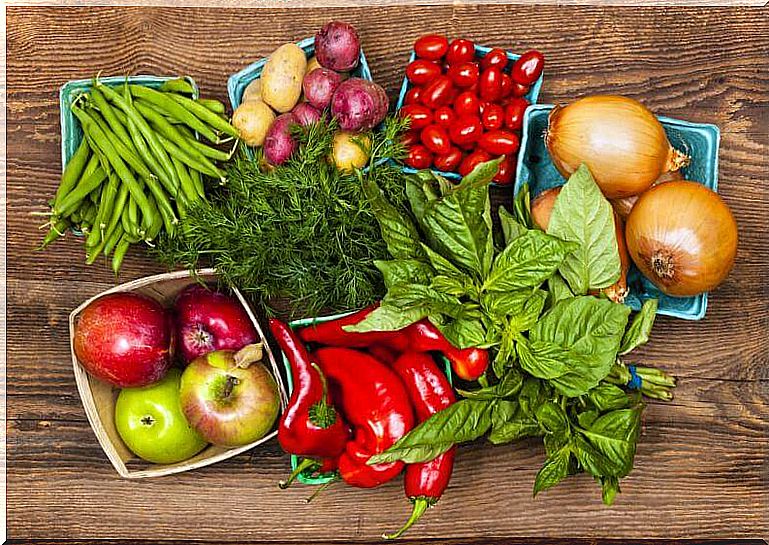
Salty, sweet, bitter, spicy: anything is possible
Anyone who could tell you that vegetables are extremely good for you.
However, this brings us to another question: why does it seem difficult to consume them? It probably has something to do with the stigma of the taste they produce in the mouth.
Discover here this series of little tips, useful changes so that you and those who taste your new creations can savor the exquisite taste of vegetables.
Sugar
Although it can be controversial, most vegetables have remarkable sugar content broken down into percentages by type.
That is, radish and cabbage, although being two vegetables, do not contain the same amount of sugar: it varies depending on how they are prepared.
However, dry cooking methods, such as roasting or frying, can counteract any bitterness in vegetables by caramelizing their sugars and intensifying their flavor.
If the vegetables have a layer of oil, the “Maillard” effect occurs.
Hot oil quickly evaporates moisture from the surface. Therefore, we get sweeter vegetables.
In addition, the taste is a sweet and healthy delicacy, ideal to accompany other ingredients.
Dirty

The amount of salt present in meals depends on the country and is very subjective depending on the culture to which we belong.
For example, in India it is common to use strong condiments (curry, garlic, chives, soy sauce, hot peppers) to give a distinctive taste.
However, if you are the type of person who loves salt, when it comes to vegetables, you should know how to use it:
- With mushrooms, cilantro, garlic or onions, you need to measure the use of salt. These ingredients give off a lot of flavor and too much would be counterproductive.
- On the other hand, for the accompanying types of sweeter foods, such as zucchini, or yucca, the use of salt is highly recommended.
You have to try and test different recipes to find out which taste you prefer.
Bitter
Bitter flavors, surprising as it sounds, are more beneficial than you might imagine. Indeed, the bitter elements contrast with the sweet flavors.
Bittersweet mint combined with peas or potatoes and parsley in salads seasoned with sweet sauces are the perfect example.
Cumin, for example, is a great accompaniment to roasted carrots.
Spice
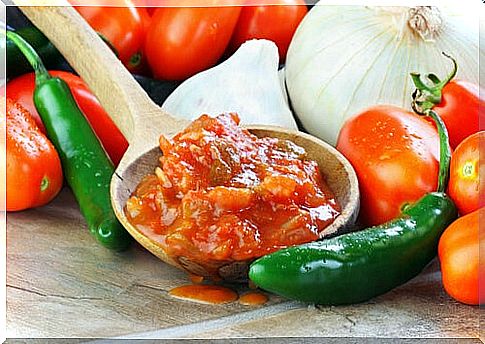
Regarding this tip, you have to take into account that the disproportionate use of spicy elements in meals tends to be bad for your health.
While it’s fair to point out, you can measure how often it is used. Spices will enhance the taste of foods due to their powerful and exotic flavors.
The best-known example of a spicy vegetable is chili. This little ingredient produces a marked sensitivity and reaction in the taste buds.
Accompanied by other vegetables, it will provide your meals with exquisite pleasure.
Acid
By itself, the taste of vegetables contains little acidity for the human palate.
However, we know that in the kitchen anything can be created. If you want to add a touch of acidity to your vegetables, lemon will be your best ally.
With a little zest or juice, the result will always be there.
It is more common to find acidity in salads, and it is often very appreciated. As with olive oil, vinegar and mustard, acidity is a matter of taste.
We must not forget that cooking is an art which involves freedom, creativity, love and dedication.
If you decide to go for more daring combinations between vegetables and other types of food, don’t hesitate.


